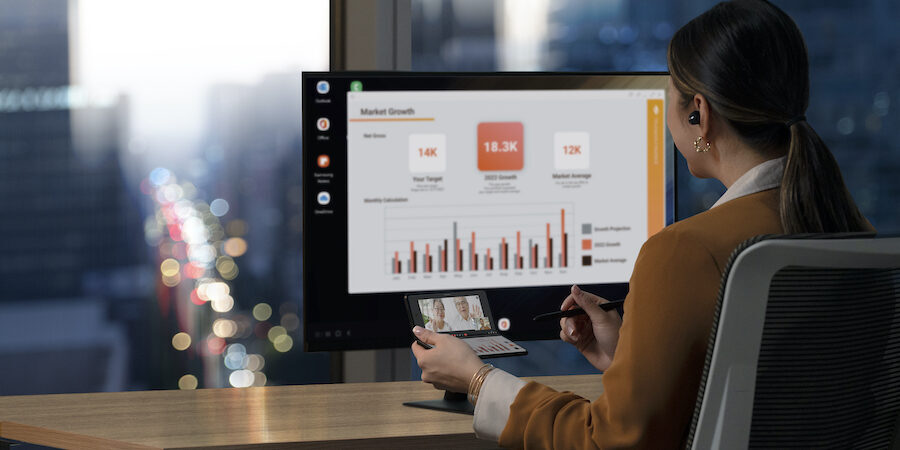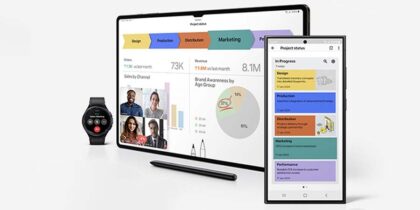If you’re a wealth management firm today, competition is fierce, given the rapid rise of independent advisor firms and digital solutions, such as robo-advisors, all vying for consumer assets. Growth for the independent investment advisory industry is on the horizon, with 93% of firms expecting growth to continue over the next few years and a projected jump of 17% in average net new assets per year during this period.
At the same time, the continued strong labor market is tightening the battle for advisors and other staff. Hiring challenges are particularly acute for the wealth industry, which is looking to bring in younger workers to remain vital and attract funds from the next generation of investors. Still, the industry is aging, with the average age of a wealth manager reaching 57 in 2022, according to J.D. Power.
Customers have high expectations
Another challenge is the shifting demands of consumers, who have heightened expectations for the technical capabilities of the companies they work with. They now expect fast, personalized service from all their providers, including financial services firms. As a result, they lack patience for filling out paper forms, providing background information that’s available elsewhere, or waiting days for answers to inquiries or requests. About a third of millennial and Generation X investors say they consider an advisor firm’s digital capabilities before choosing an advisor, according to Refinitiv.
Wealth managers are indeed undergoing a technological transformation. Over the last few years, they’ve had to adapt to and embrace working and meeting clients remotely. And many wealth managers leverage robo-advisor solutions as a pipeline to attract the assets of younger investors, or those who don’t yet need a dedicated wealth manager. Assets under management for robo-advisors are estimated to reach $2.76 trillion in 2023 — up from $1.66 trillion in 2022 — and nearly double to $4.66 trillion by 2027, according to Statista.
The need for human touch endures
Still, consumers continue to seek and value advice from a human: 58% of investors who work with an advisor say those advisor recommendations are their most reliable source of information, according to Refinitiv. In addition, many consumers start managing their own money but seek advice when their needs become more complex.
Consumers want expert assistance, not an algorithm, when decisions matter in wealth management. According to a 2023 survey by State Street Global Advisors, 81% of U.S. investors seek advice from their financial advisors to help them remain confident during this time of market volatility and the rise of inflation.
As millennials and Gen Z mature, they may also seek financial advice for important money moments. Already, 71% of Gen Z and 72% of millennials say there are financial topics they want advice on but need help figuring out how to get it, according to the CFP Board.
Technology helps advisors connect
Just as human advice can complement technology, wealth management technology solutions can now help those advisors better serve clients, whether in-person, in transit, or working remotely. The best technology for financial advisors can also support them during the transition between different work environments without missing a beat or aiding customers who are home or sitting across from them in an office.
What's next for the future of finance?
Samsung surveyed 1,000 finance professionals about the future of mobile tech. Here's what they said. Download Now
Technology can also help wealth managers attract and retain the digital-savvy workers who are vital to fill the talent pipeline for the industry’s future. Eighty percent of Gen Z say they “aspire to work with cutting-edge technology,” and 91% say “technology would influence job choice among similar employment offers.” And about nine in 10 financial advisors who report the highest level of satisfaction and loyalty to firms also say the technology provided at their firms has improved in the past two years, according to J.D. Power.
Mobile devices — like the latest Samsung Galaxy S23 series — and other solutions can improve how you serve your clients and attract and retain staff. For example, mobile technology can deliver better experiences in face-to-face meetings, when the advisor works remotely, or in transit. These places include airports, rail commutes, and Uber rides.
Additionally, Samsung has been working with partners to optimize the app experience for foldable phones to provide easy continuity and increase productivity on the go.
Tablets can stand alone in the office or the field, then connect to a computer monitor for a full desktop experience with the use of Samsung DeX. In addition, phones and tablets compatible with the S Pen allow for quick note-taking or collecting client signatures, reducing paperwork, and speeding transactions.
Equipped with these devices with intuitive mobile wealth management features, wealth managers can stay at the top of their game, wherever the day takes them — and keep one step ahead of their office-bound competition.
Learn how Galaxy Z Fold4 and the Galaxy ecosystem can support your productivity on the go. And sign up for a Samsung Business Account to get exclusive offers, including volume pricing discounts, on Galaxy Z Fold4 and Galaxy Z Flip4.








